I have been fortunate enough to have a close relationship with my mother. I can say with confidence that my identity of being a woman has largely been shaped by my connection with her. While this sounds dramatic and perfect, it is by no means a relationship that is solely filled with love and hugs. There is plenty of that in the mother-daughter relationship, but there is also the other side of it – the conflict, the arguments and the disagreements that have shown me what it is to be a woman.
There is no such thing as a perfect mother-daughter relationship. It simply does not exist. I believe that every woman will agree with me on that. This is no fault of theirs. With the societal pressure and distorted pop culture portrayals placed on them, it is hard to actualise what a healthy relationship even looks like.
But, isn’t being a feminist working towards attaining the freedom to have both? It is our biggest defeat as women that we struggle to maintain different aspects of our lives. It is always about giving up one for the other. Society makes us choose.
According to Rosjke Hasseldine, therapist, and author, it is the larger society-wide dynamic that often dictates the structure of these relationships. There are various life events, restrictive gender roles, unrealised career goals and the overbearing expectation that women should sacrifice their needs in their caregiving roles that shape the way women view themselves.
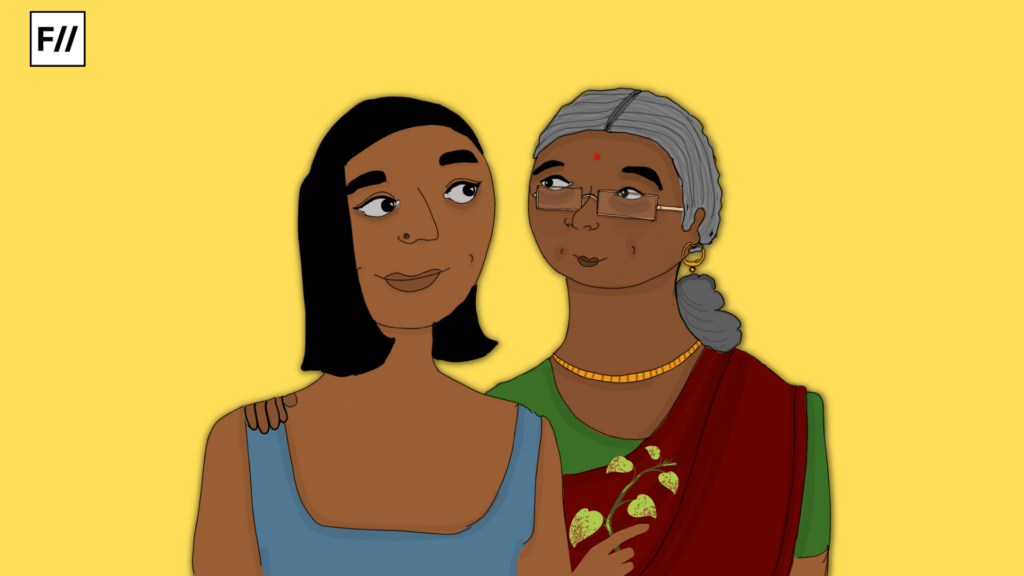
Also Read: Remembering And Honouring The Invincible Dalit Foremothers
“We still live in a society, in a world, that really doesn’t listen to women,” she says in HuffPost UK’s Am I Making You Uncomfortable? podcast. “So mothers and daughters play that out in their relationship – the inequality and the sexism and the violence and other experiences that women have.“
In my early days of navigating feminism, the ideal ‘girl boss‘ seemed to be working 24/7, not having a family to tie her down, and living a single carefree life, as the Pussycat Dolls said, “I don’t need no man.”
But as I grew up, it took me time to realise that being a woman is definitely restrictive. Restrictive, only due to the limitations I placed on myself. Too often we create this dichotomy of having a professional life or a family life.
But, isn’t being a feminist working towards attaining the freedom to have both? It is our biggest defeat as women that we struggle to maintain different aspects of our lives. It is always about giving up one for the other. Society makes us choose.
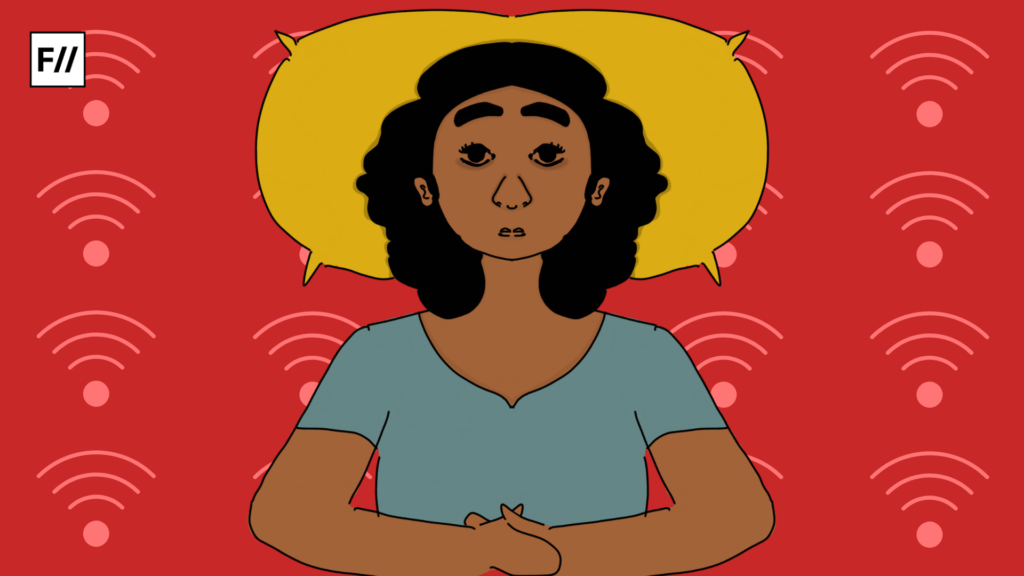
It is close to impossible for a woman to escape that choice. I don’t want to do that. I want both. Either way, as a woman, I will be criticised for whatever I choose to do. Choose to prioritise a career path, ‘how selfish…‘ Choose to prioritise a family, ‘how unambitious…’ When can I choose to have both?
Returning to the original conflict, when I assess a situation rationally, I know that all my mother wants is to keep me safe, healthy and happy. It is as simple as that, however, when she tells me to change what I’m wearing because it’s too ‘revealing’ or keeps a curfew of 10:30 PM, it’s easy to get your feathers ruffled. As my sister and I got older, the protests began. Why should the people outside get to dictate what is appropriate for me to wear? Why do I have to be the only one to leave so early?
As my ‘feminist‘ identity grew in my teenage years, so did the conflicts with my mother. I argued that she was against everything women stood for, trying to keep us extra sheltered and restricted. I look back at that, and I could not be more ashamed of myself.
I ask myself, what does it truly mean to be a feminist? As a young girl discovering these new ideas and thoughts, it is undeniably exciting and invigorating. Yet, through the media’s frequent polarised opinions, it is easy for girls to develop an ideology that may not necessarily be relevant to the real world.
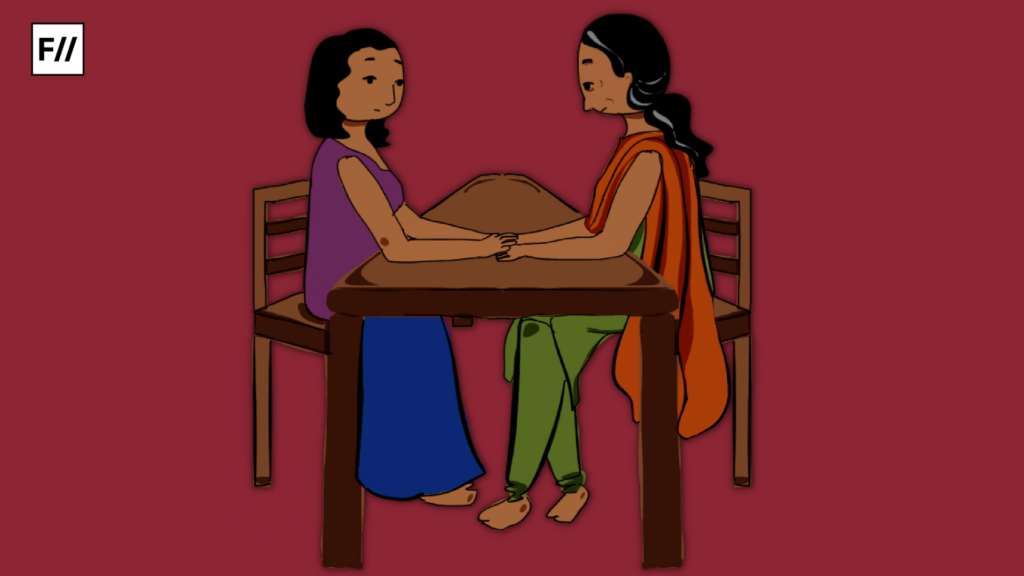
Growing up, I watched my mother fight a lot of battles on her own, with my father often working abroad. Regardless, my parents raised me and my sister with the mindset of truly being a feminist without ever needing to utter the word. I learnt the importance of being financially independent, of never having to depend on anyone, be it a partner or a spouse. I learnt how to chase happiness and health rather than money and society’s definition of success.
As a woman, I will be criticised for whatever I choose to do. Choose to prioritise a career path, ‘how selfish…‘ Choose to prioritise a family, ‘how unambitious…’ When can I choose to have both?
I learnt how to be smart, in ways that you cannot learn in a classroom, but from seeing my mother bargain, fix and run a household on her own. Most importantly, I learnt how important it is to be free. After all, isn’t that what women have been fighting for, year after year? The freedom to choose what you wish your life to be.
Also Read: What Is Mother’s Guilt?: Understanding The Nuances Of Guilty Mother Syndrome
Your relationship with your mother is the first one you will ever develop. It is initially a relationship that begins with biological needs, physical and emotional dependency as an infant. As your kiddy years follow, your mother is the centre of your universe, an entity of absolute adoration. As you grow older into a teen, the dynamics change. There is friction. Your mother is replaced from the centre, more to the peripheral core.
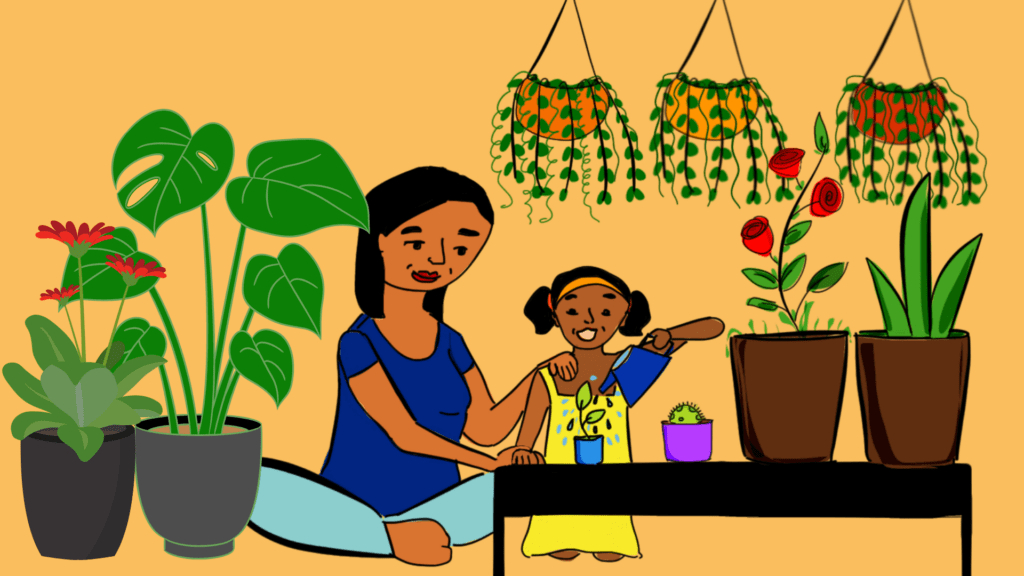
Friends, boyfriends, and girlfriends take over. The dependency is still there, yet you are desperate to act as though it is not. This transition from child to adult seemingly puts the most strain on the relationship. As both are soon fully grown women, they feel the mutual pain of what it is to put their own needs last. And perhaps this is why daughters feel it is most cathartic to fight with their mothers.
Perhaps, deep down, they know, this is a woman who will definitely put my needs in front of her own. Our only hope of generational change is through the complex relationships that mothers have with their daughters. This means that a daughter must be able to truly listen and understand what it is to be in her mother’s shoes. Only then will she be able to be the mother she wants to be for her own daughter?
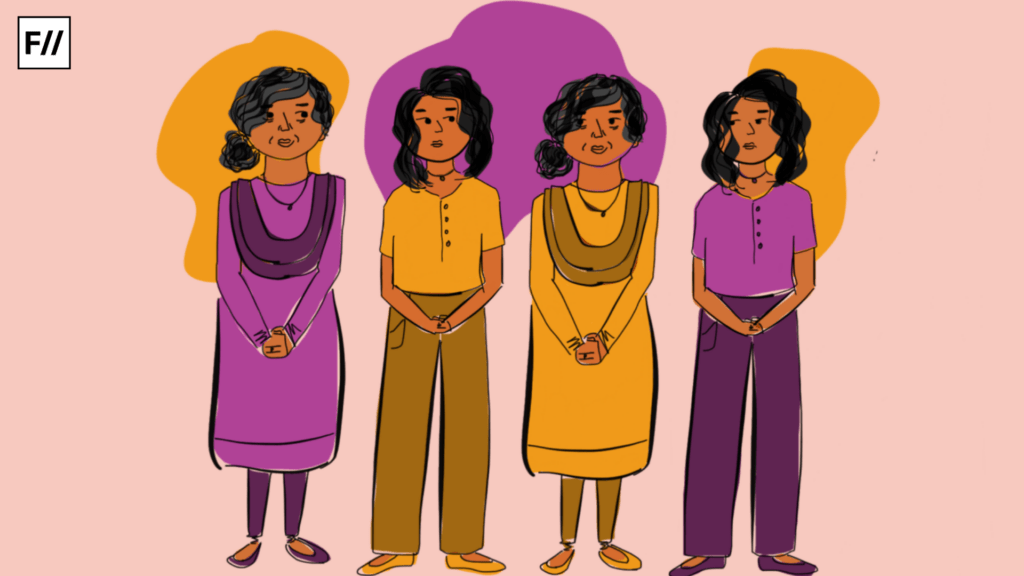
My feminist identity has undergone a series of changes, some for better, some for worse. Today, I can only hope to be half as strong, smart and beautiful as the woman who raised me, so I can be the feminist that she is, and not just get my curfew extended.
Also Read: Motherhood And Its Psychological Implications
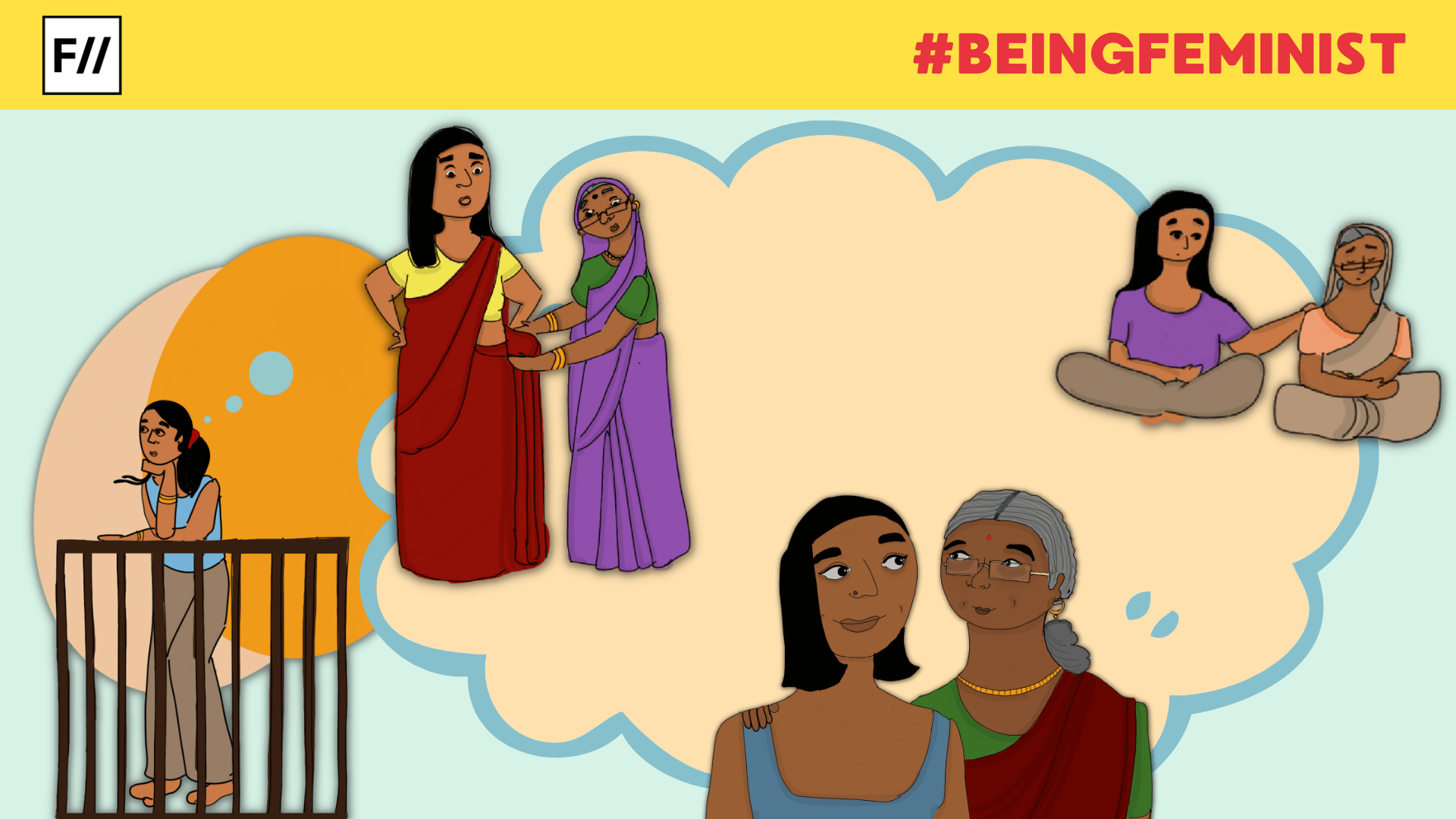




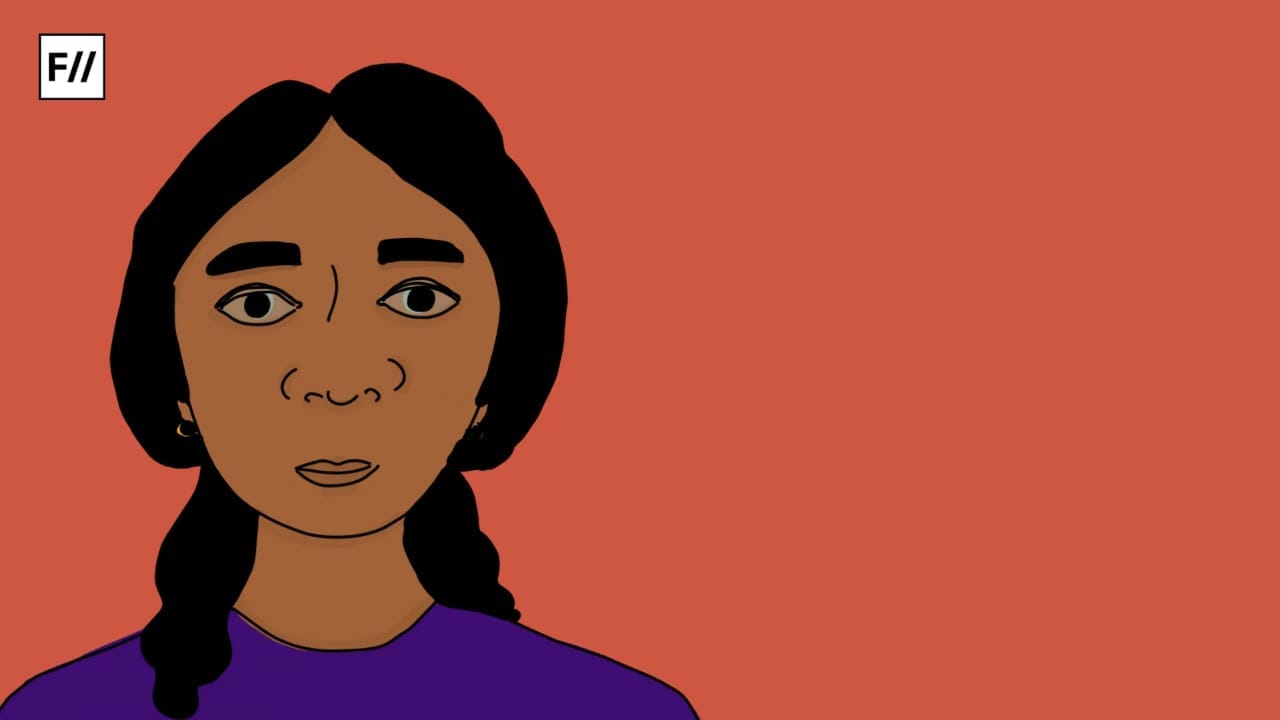

“…or keeps a curfew of 10:30 PM, it’s easy to get your feathers ruffled.”
As a man I don’t stay out after 10:30 as it is dangerous. It’s called taking responsibility for your own safety as a full-grown adult.